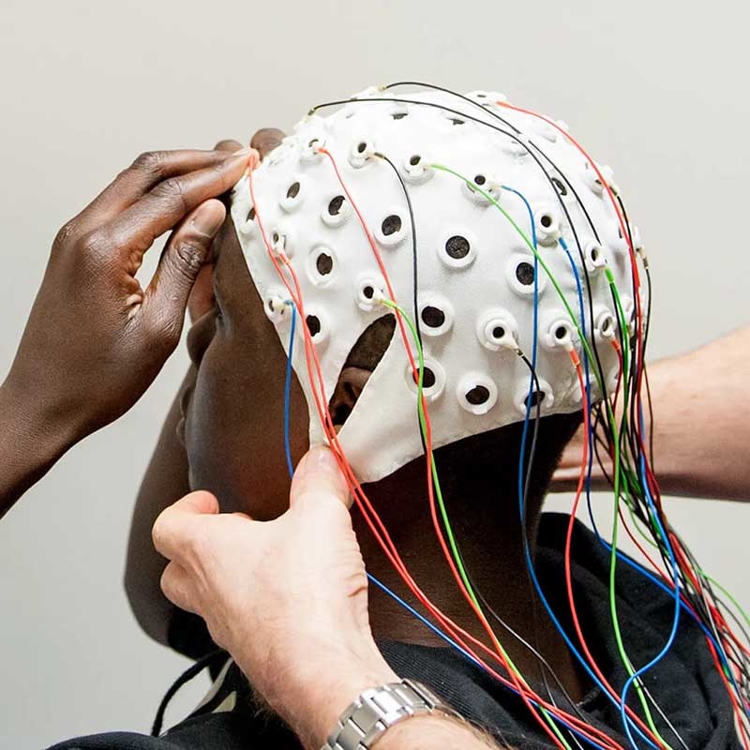
Psychology, Psychiatry & Neuroscience Results
| Profile | 4* | 3* | 2* | 1* | u/c |
| Overall | 26 | 46 | 24 | 2 | 2 |
| Outputs | 15.2 | 46.9 | 31.8 | 3.1 | 3 |
| Impact | 66.7 | 33.3 | 0 | 0 | 0 |
| Environment | 0 | 62.5 | 37.5 | 0 | 0 |
Case Studies

Drug Dependency
James Davies
Dr James Davies' research into drug dependancy and/or withdrawel affects from prescribed anitdepressant and benzodiazepine has shaped the work of the Council for Evidence-based Psychiatry and the All-Party Parliamentary Group for Prescribed Drug Dependence. The results of this work prompted the first major UK government review of prescribed drug dependence and withdrawal, resulting in a government commitment to a national withdrawal and dependency helpline, pledged by the Secretary of State for Health in 2019. Subsequently, in 2019, the UK’s National Institute for Health and Care Excellence changed its clinical guidelines on antidepressant withdrawal, based on Davies’ research findings. These health policy changes will improve the lives of up to 1.3 million patients in the UK, who will now be eligible for withdrawal support, while contributing to a significant reduction in the £400 million annual cost to NHS England from unnecessary prescription and consultation.

Humanistic Therapy
Mick Cooper
Humanistic therapies are one of the most widely used approaches to tackling mental health problems such as depression and anxiety. Research led by Professor Mick Cooper has enhanced the effectiveness of these approaches in schools and the voluntary sector, and informed policy. As a result of this research, by 2021, at least 800,000 young people received school-based counselling across the UK, with an estimated 360,000 showing clinical improvement.

Super Skills
Cecilia Essau
Professor Cecilia Essau's research into the impact of axiety disorders during adolescence and how these can have a significant impact on anxiety, depression and substance abuse in adulthood led to the development of the Super Skills for Life (SSL) framework. SSL uses cognitive behaviour therapy and behavioural activation to target common risk factors of emotional problems. The aim is to build confidence and reduce emotional problems in children and young people, giving them the skills to cope with difficult or challenging situaitions in later life. This framework has influenced policy, informed practice and led to significant mental health improvements for young people across the world. The SSL training has shaped the practice of nearly 25,000 practicitioners in 24 countries, and has had a positive impact on the mental health of an estimated 600,000 young people.
